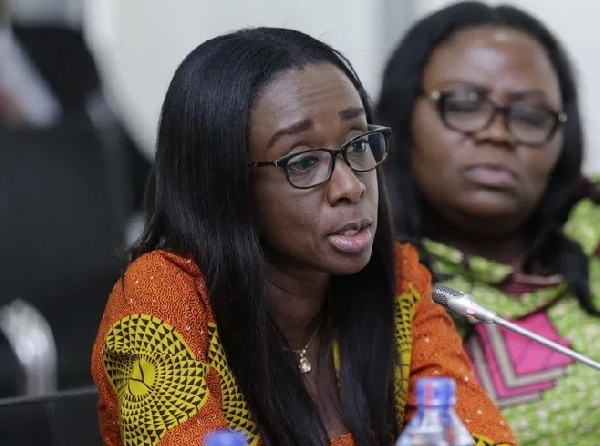The Food and Drugs Authority (FDA), in collaboration with ePac-Ghana, Ghana Standards Authority, and Ecobank, has organized a two-day workshop on flexible food packaging for Micro, Small and Medium Enterprises in Accra.
The training which took place on March 16 and 17, 2022 at the Ecobank Training Centre in Accra ultimately seeks to introduce the latest international standards in food packaging and safety to the FDA and the GSA so that they are fully equipped to support local brand owners and the consumers.
According to Delese Mimi Darko, CEO of FDA, the goal of the engagement is clear as it is in line with FDA’s commitment to ensure safety and quality of regulated products. She added that the FDA is by this workshop contributing towards efficient standardization of products by local MSMEs to meet the standards of the Africa Continental Free Trade Area and beyond. She said that this capacity building workshop will therefore focus on the role of packaging in ensuring food safety and quality while addressing packaging gaps within the industry.
In executing its mandate to ensure public health and safety, the FDA aims not just to safeguard the health and well-being of people, but also to foster economic development and improve livelihoods by promoting access to domestic, regional, and international markets. She noted that, ensuring an acceptable level of food quality and safety is necessary to achieve adequate protection for consumers and to facilitate trade.
For this reason, everyone involved in the food chain, from the smallholder farmer in the hinterland to urban consumer shares in the responsibility to keep the food safe by taking necessary precautions to protect it from hazards that can increase human health risks. These actions will also prevent or reduce food losses, which is especially important as the country faces the growing risks of climate change and food scarcity.
She indicated that regulators know that food lasts longer and stays fresh longer when it is packaged well. That is, when food products are properly packaged, entrepreneurs and consumers receive value for money.
The CEO therefore commended ePac Ghana on its position to strengthen SMEs capacity in flexible packaging choices to promote safe handling, storage and transportation of food products given the many food safety concerns of consumers with diversity in scope and dimensions of food quality and safety problems.
Ms. Darko advised participants present on the need to note that, accessing the African continental free trade area as an SME requires high standards in packaging as a result of scientific advancements as it enhances competitiveness at the industry and enterprise level by exploiting opportunities for large scale production, continental market access, and better reallocation of resources and urged all to take this opportunity to create strong networks to support SMEs to grow.
On his part, the General Manager, of ePac- Ghana, Victor Sosah said Flexible packaging is increasingly becoming popular with end-users engaged in the production of food, beverages, pharmaceuticals, personal care and cosmetics products due to its cost-effectiveness and its ability to increase product shelf-life.
Also, momentum is building in Africa to expand intra-continental trade of agricultural products through regulatory cooperation, to ensure food reaches consumers safely, and central to facilitating trade in safe foods, are the roles that both standards and regulations perform in shaping the practice.
Mr. Sosah mentioned that the limited availability of packaging solutions which meet both local and international market requirements present a challenge for the Made in Ghana products. This also limits producers’ ability to enhance product quality to meet the standards of the increasingly discerning consumer, which has resulted in an increase in imported products.
To this end ePac is pleased to partner the FDA to help standardize packaging options available for local producers, using its knowledge, skills, and technology to enhance food packaging standards, improve systems to facilitate trade in safer foods and improve awareness of sustainability issues surrounding packaging.










